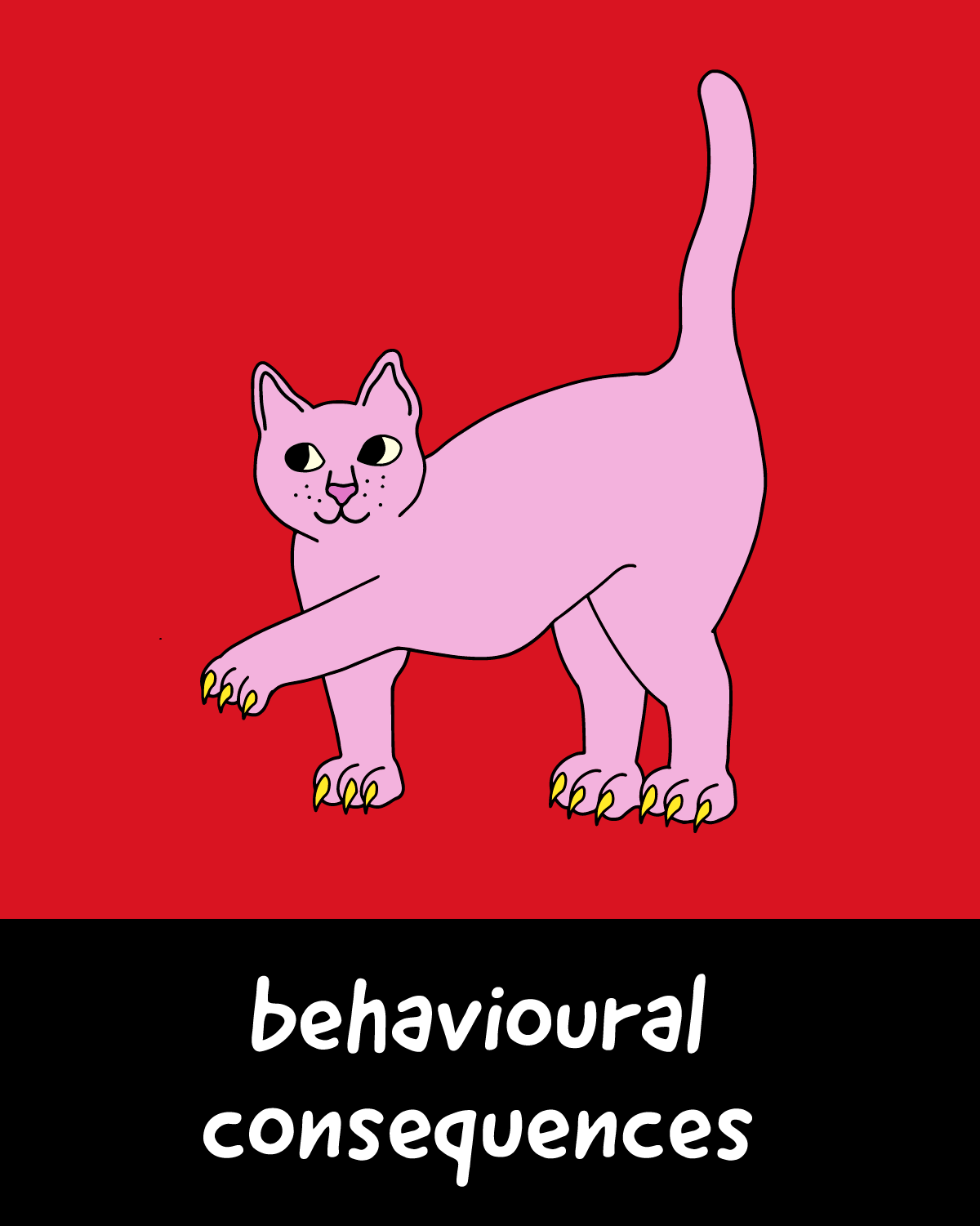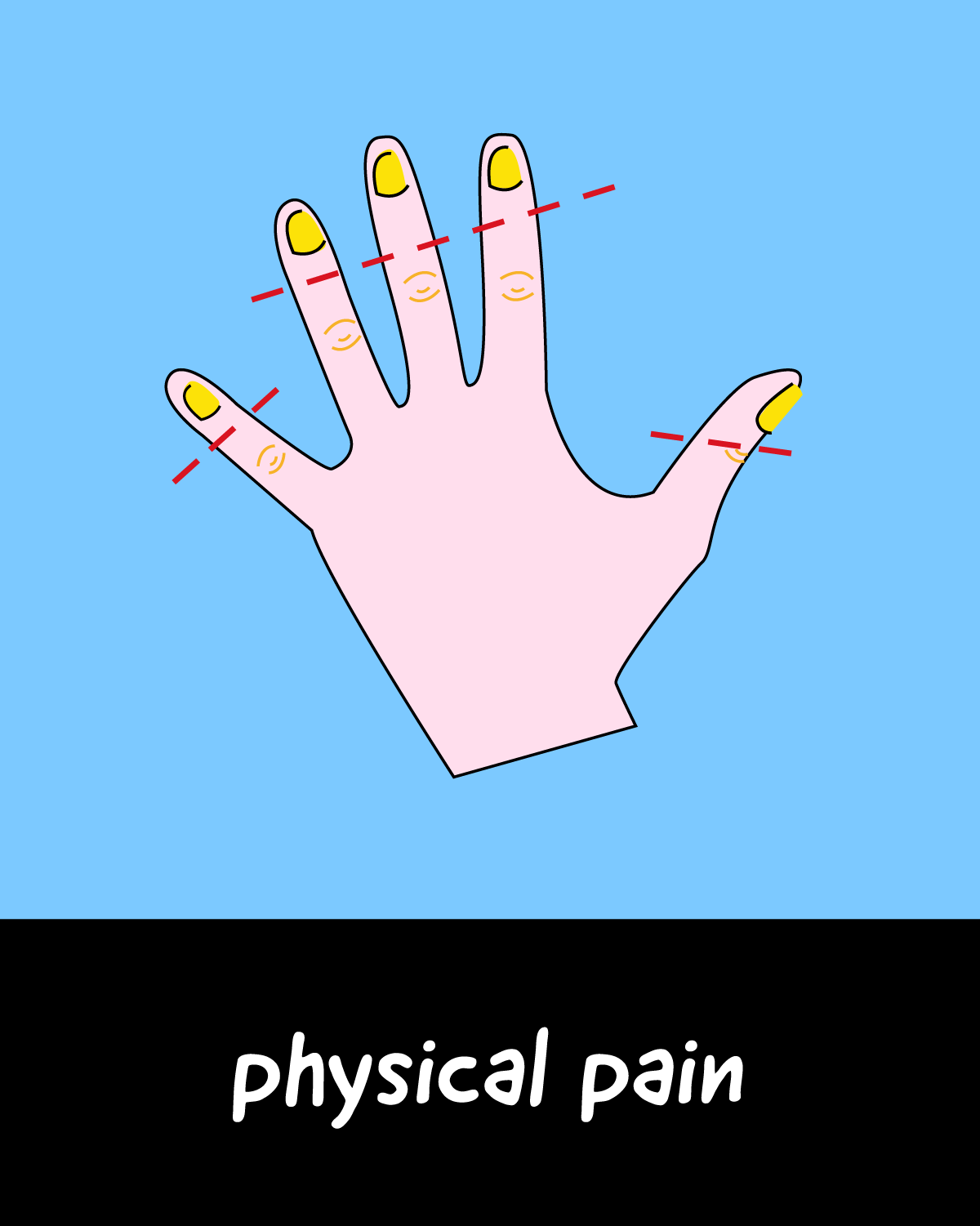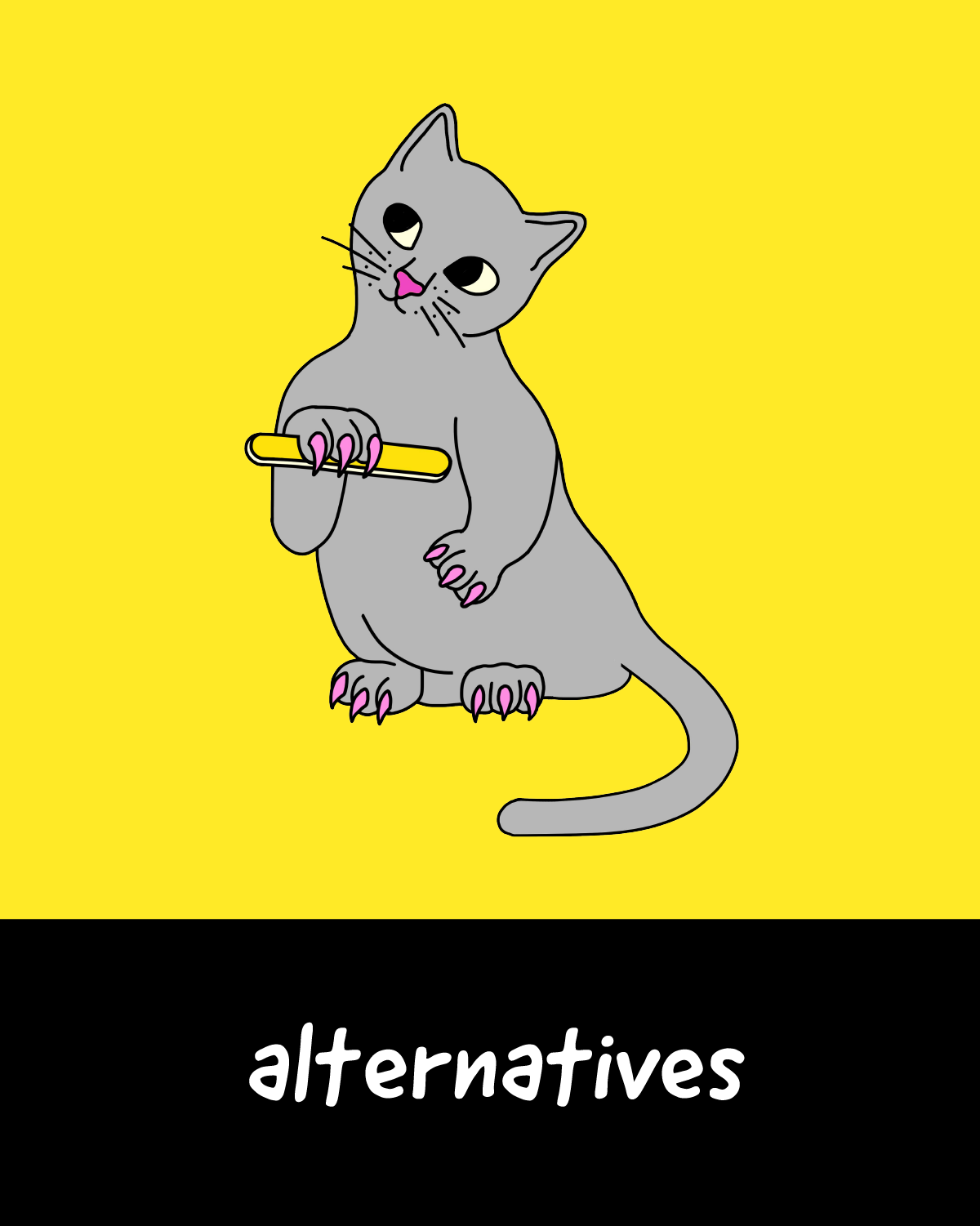Who has taken a stand against declawing?
The Canadian Veterinary Medical Association (CVMA) strongly opposes declawing as it considers the procedure ethically unacceptable due to the unnecessary and preventable pain it causes to cats.
Several provincial veterinary orders are of the same opinion, and some have even gone so far as to ban the surgery. This is the case of the Nova Scotia Veterinary Medical Association, which, in 2018, made Nova Scotia the first Canadian province to ban declawing. The College of Veterinarians of British Columbia, the Newfoundland and Labrador College of Veterinarians and the Prince Edward Island Veterinary Medical Association followed suit by also banning the procedure. Veterinary boards in the provinces of Manitoba, Alberta, and New Brunswick have announced upcoming bans.
In Quebec, the Association des étudiants en médecine vétérinaire du Québec (AEMVQ), as well as the Association des Techniciens en Santé Animale du Québec (ATSAQ), oppose declawing and many veterinary clinics and referral centers in Quebec now refuse to perform the surgery.
Where has declawing been banned?
Declawing has been banned for years in over 30 countries, including France, the United Kingdom, Australia, Germany, Austria, Belgium, Brazil, Denmark, Finland, Norway, Sweden, Israel, Switzerland, and Turkey. The European Convention for the Protection of Pet Animals, ratified by twenty-four countries, also prohibits the procedure.
In Canada, Nova Scotia became the first province to ban declawing in 2018, followed by British Columbia, Newfoundland and Labrador, and Prince Edward Island the same year. Alberta, Manitoba, and New Brunswick have both announced upcoming bans.
What do Quebec veterinarians think?
According to a 2018 survey published by the Association des médecins vétérinaires du Québec (AMVQ), 61% of veterinarians believe that the Ordre des médecins vétérinaires du Québec (OMVQ) should ban declawing. This number rises to 88% for veterinarians aged 30 and under. In addition, the Association des étudiants en médecine vétérinaire du Québec and the Association des Techniciens en Santé Animale du Québec oppose declawing and many veterinary clinics and referral centers in Quebec now refuse to practice the procedure. Figures show that, in general, opposition to the procedure within the profession has been growing steadily since 2001.
« The Canadian Veterinary Medical Association (CVMA) released a revised position on Partial Digital Amputation (Onychectomy or Declawing) of the Domestic Felid stating it “views non-therapeutic PDA as ethically unacceptable […], as the surgery has the potential to cause unnecessary and avoidable pain and alternatives to PDA are available.” »
– The Canadian Veterinary Medical Association (CVMA)
“[N]ot only is that wrong, it’s inhumane.”
– Danny Joffe, medical director for VCA Canada, a national veterinary clinic chain with animal hospitals located in five provinces that refuses to perform declawing
“Years ago, when [veterinarians] started its practice, we made a mistake about declawing; now it is our responsibility to fix it. We owe this to a society that has entrusted us with the task of upholding animal welfare.”
– Dr. Jordyn Hewer, DVM, author of “The Theory of Mammalian Life: How the Controversial issue of Declawing Cats Can Open the Animal Welfare Discussion”
“It’s unnecessary. It’s a surgery that doesn’t need to be done and shouldn’t be done to cats.”
– Dr. Gary Morgan, registrar of the P.E.I. Veterinary Medical Association, which banned the procedure in 2018
LEARN MORE
Sign the petition to ban declawing in Quebec and find out more about the consequences of declawing on cats’ health, as well as alternatives to the procedure.








